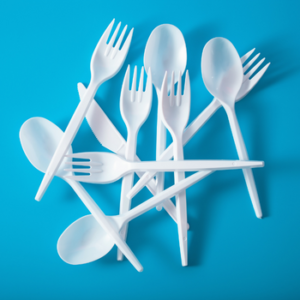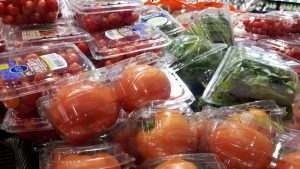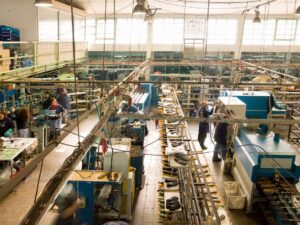Expert says Molson Coors’ plan to ditch plastic beverage rings is an important first step
Most of us have seen the images: beaches lined with empty bottles and plastic bags, landfills overflowing with trash, birds nests weaved together with bits of plastic litter — the list goes on.
With plastic pollution taking up more space in the minds of consumers, some companies are changing up their packaging to reduce their environmental impact.
Last week, Molson Coors announced it would ditch the plastic rings it uses to package its Coors Light beers, opting for a cardboard alternative instead.
But in a world where millions of tonnes of plastic are produced each year, are changes like this really enough to make a difference?
s far as Jo-Anne St. Godard is concerned, every bit counts.
“Every single adjustment, every single correction, every single commitment makes a difference,” said the executive director of the Circular Innovation Council, a Canadian group that promotes waste reduction and the circular economy. “[Molson Coors is] going to be pulling a lot of plastics out of the system.”
In a press release, Molson Coors says the change will save 1.7 million pounds of plastic waste annually.
The company has already removed plastic rings for major products sold in the United Kingdom.
THE RAMIFICATIONS OF RINGS
Referred to in the industry as “yokes,” beverage rings are made from a soft plastic that can’t be recycled at most facilities, meaning they end up in landfill or the ocean.
“As they break down, they create micro plastics, which all plastics do,” said St. Godard.
Microplastics are tiny plastic particles that can easily sneak into the food chain if ingested by wildlife, causing a myriad of health issues that could potentially throw ecosystems off-balance.
Wildlife can also become tangled up in the yokes, unable to break free.
“When there’s some innovation that can yield a sounder alternative, obviously industries moving in this direction is the way we want [them] to,” said St. Godard.
Coors Light packaging won’t be switched until 2023 — so if plastic rings can’t be recycled, what should consumers do in the meantime?
For St. Godard, the answer is simple: vote with your dollars and buy from brands that have already made the switch.
“Nothing speaks more loudly to industry than if they can’t sell you something,” she said.



